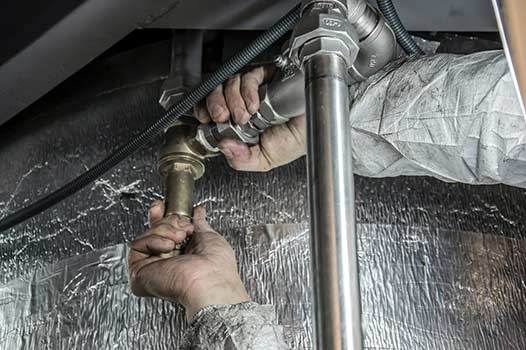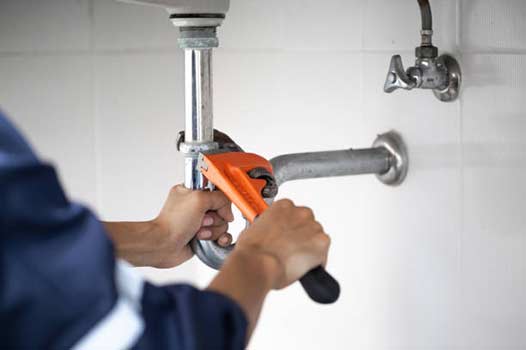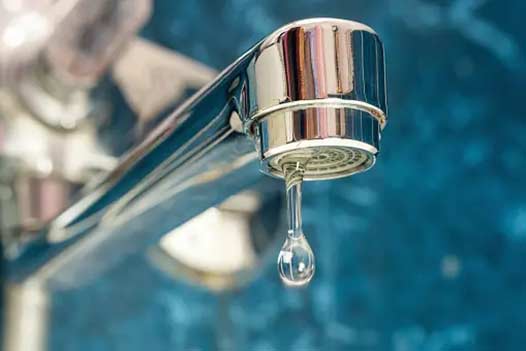
Plumbing problems are a common occurrence in households, but sometimes these issues can be truly strange and perplexing. From mysterious noises coming from the pipes to odd smells emanating from the drains, these strange plumbing problems can leave homeowners scratching their heads. Fortunately, there are solutions available for these peculiar problems that can help restore normalcy to your plumbing system. Here we will explore some of the most common strange plumbing problems and discuss effective solutions to mitigate them.
Identifying Strange Plumbing Problems
Before delving into solutions, it is crucial to be able to identify strange plumbing problems accurately. Some plumbing issues may seem odd, but they can actually be symptoms of underlying problems that require professional attention. Here are a few signs that your plumbing problem may fall into the “strange” category:
- Gurgling sounds coming from the pipes
- Unexplained leaks
- Fluctuating water pressure
- Foul odors from the drains
- Discolored or murky water
- Water hammer (loud banging noises from the pipes)

Water hammer refers to the loud banging noises that occur when a faucet or valve is abruptly closed. It can be both strange and disruptive.
Strange Plumbing Problem #1: Gurgling Noises
Gurgling noises coming from your pipes can be both strange and disconcerting. They often occur when air is trapped in the plumbing system, causing vibrations and noises. Here are a few potential solutions:
- Check for clogged vents: A clogged vent can lead to a build-up of air pressure within the pipes. Clear any debris or obstructions found in the vents to alleviate the problem.
- Inspect the drain traps: A dry drain trap can also cause gurgling noises. Run water down all drains to refill the traps and create an adequate barrier against the movement of air.
- Consider professional help: If the gurgling noises persist despite your efforts, it is advisable to contact a local plumber who can identify and resolve the underlying issue.
Strange Plumbing Problem #2: Mysterious Leaks
Unexplained leaks can be a homeowner’s nightmare. Detecting the source of the leak can be challenging, especially if it is not visible. To tackle this strange plumbing problem, follow these steps:
- Inspect the water meter: Turn off all faucets and appliances that use water and observe the water meter. If it continues to run, you likely have a hidden leak that requires professional assistance.
- Check for moisture: Look out for water stains on walls, ceilings, or floors. Moisture detection devices or infrared cameras can also aid in identifying hidden leaks.
- Perform a dye test: Add a few drops of food coloring to the toilet tank and wait for around 30 minutes without flushing. If the color appears in the toilet bowl, you have a leak in the flapper valve that needs replacement.
- Contact a plumber: If you are unable to locate the source of the leak, it is recommended to hire a qualified plumber who possesses the expertise and necessary tools to identify and mend hidden water leaks.
Strange Plumbing Problem #3: Fluctuating Water Pressure
Fluctuating water pressure can be a frustrating and strange plumbing problem. It can lead to weak showers, inconsistent flow, and other inconveniences. Here are a few solutions to address this issue:
- Check the pressure regulator: The pressure regulator is responsible for maintaining consistent water pressure. If it malfunctions, it can cause pressure fluctuations. Call a professional plumber to inspect and replace the regulator if necessary.
- Inspect for leaks: Hidden leaks in the plumbing system can impact water pressure. Perform a thorough check for leaks as mentioned in the previous section and repair them promptly.
- Consider water-saving fixtures: Upgrading to water-saving fixtures, such as low-flow showerheads and faucets, can help regulate water pressure while reducing water consumption.

Persistent foul odors may indicate a more significant issue with the plumbing system, such as a sewer line problem.
Strange Plumbing Problem #4: Foul Odors
Foul odors emanating from drains can make your home an unpleasant place to be. These smells are often caused by bacterial growth or trapped debris. Here are a few ways to tackle this strange plumbing problem:
- Run water in unused drains: Smells can arise from drains that are not frequently used. To prevent this, run water down these drains periodically to fill the traps and prevent odors from escaping into your home.
- Clean the garbage disposal: Food particles trapped in the garbage disposal can cause unpleasant smells. Regularly clean the disposal by grinding ice cubes and citrus peels to remove debris and neutralize odors.
- Use natural deodorizers: Pouring a mixture of baking soda and vinegar down the drain can help eliminate odors naturally. You can also use commercial drain cleaners, but exercise caution and follow the instructions carefully.
- Seek professional assistance: Persistent foul odors may indicate a more significant issue with the plumbing system, such as a sewer line problem. In such cases, it is best to consult a professional for an accurate diagnosis and effective solution.
Strange Plumbing Problem #5: Water Discoloration
Discovering discolored or murky water flowing from your taps can be both strange and alarming. Discoloration can occur due to various reasons, such as rust, sediment, or pipe corrosion. Here’s what you can do:
- Run cold water: Before using any appliances or fixtures, run cold water for a few minutes to flush out any accumulated sediment or rust in the pipes.
- Check the water heater: Sediments and rust can accumulate in the water heater, leading to discolored water. Flush the water heater or consult a professional to perform maintenance if necessary.
- Replace old pipes: If your plumbing system has outdated or corroded pipes, it may be time to consider repiping your home. Contact a licensed plumber to assess the condition of your pipes and recommend the best course of action.

Fluctuating water pressure can be a frustrating and strange plumbing problem. It can lead to weak showers, inconsistent flow, and other inconveniences.
Strange Plumbing Problem #6: Water Hammer
Water hammer refers to the loud banging noises that occur when a faucet or valve is abruptly closed. It can be both strange and disruptive. To address this problem, consider the following solutions:
- Install water hammer arrestors: Water hammer arrestors are devices that absorb the shockwaves caused by the sudden stoppage of water flow. Adding these devices to the affected fixtures can help eliminate the banging noises.
- Adjust water pressure: High water pressure can exacerbate water hammer. Check the water pressure using a pressure gauge and employ a pressure-reducing valve if necessary.
- Secure loose pipes: Loose pipes can vibrate and create water hammer. Inspect your plumbing system for loose pipes and secure them with clips or straps to reduce the likelihood of water hammer.
In Conclusion
Strange plumbing problems may seem overwhelming at first, but with the right knowledge and troubleshooting techniques, you can effectively solve them. It is essential to identify the root cause of the issue and determine whether it can be resolved through DIY methods or requires professional assistance. By addressing strange plumbing problems promptly, you can prevent further damage to your plumbing system and maintain a comfortable and functional home.
